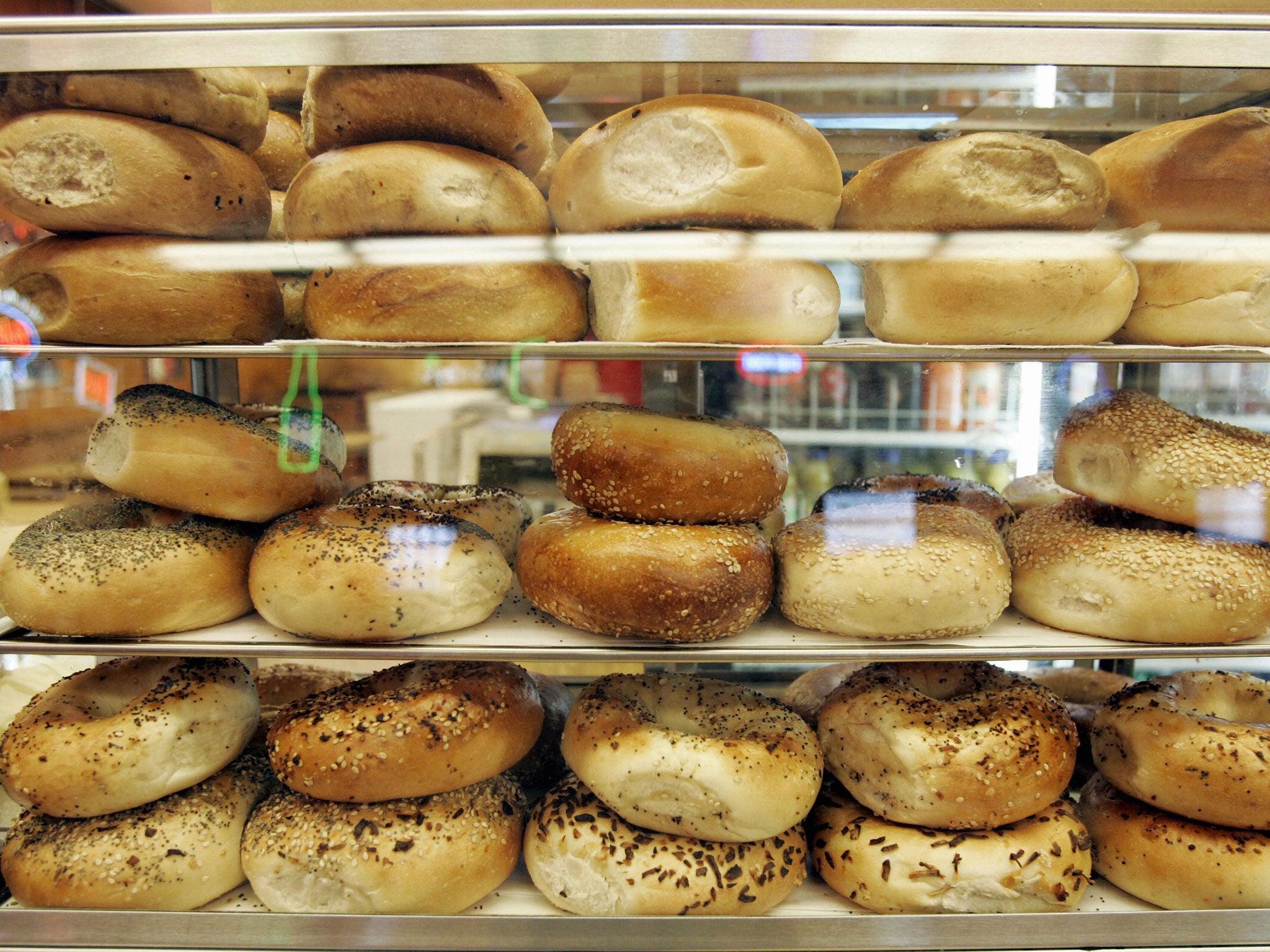'Sugar is the new tobacco': Cuts to amounts hidden in food could halt obesity epidemic, claim doctors
Experts aim to emulate the reduction in salt levels in our diet

Your support helps us to tell the story
From reproductive rights to climate change to Big Tech, The Independent is on the ground when the story is developing. Whether it's investigating the financials of Elon Musk's pro-Trump PAC or producing our latest documentary, 'The A Word', which shines a light on the American women fighting for reproductive rights, we know how important it is to parse out the facts from the messaging.
At such a critical moment in US history, we need reporters on the ground. Your donation allows us to keep sending journalists to speak to both sides of the story.
The Independent is trusted by Americans across the entire political spectrum. And unlike many other quality news outlets, we choose not to lock Americans out of our reporting and analysis with paywalls. We believe quality journalism should be available to everyone, paid for by those who can afford it.
Your support makes all the difference.The growing obesity epidemic could be “halted or reversed” in less than five years if the food industry makes cuts the amount of “hidden sugar” in our food, leading doctors have said.
Sugar is a major cause of obesity and also increases the risk of type 2 diabetes. Leading experts today launched a new campaign group, Action on Sugar, to alert the public to the high levels of sugar in their food and lobby the government and the food industry to reduce its use of “unnecessary” sugar.
The group, which brings together doctors from the UK, the US and Canada, aims to emulate the reduction in salt levels in our diet. Intake of salt dropped by 15 per cent between 2001 and 2011, leading to a minimum of 6,000 fewer strokes and heart attack deaths per year, saving £1.5bn.
Experts said that if major manufacturers reduced the amount of sugar in their products, adding up to a 20 to 30 per cent decrease in sugar content in three to five years, the obesity epidemic could be stopped in its tracks. Graham McGregor, professor of cardiovascular medicine at the Wolfson Institute of Preventative Medicine and chairman of the new group, said that the Government’s “Responsibility Deals” with the food industry had failed and a new approach was needed.
“This is a simple plan which gives a level playing field to the food industry, and must be adopted by the Department of Health to reduce the completely unnecessary and very large amounts of sugar the food and soft drink industry is currently adding to our foods,” he said.
Children were particularly at risk from high sugar foods and soft drinks, said Simon Capewell, Professor of Clinical Epidemiology at the University of Liverpool. “Sugar is the new tobacco,” he said. “Everywhere, sugary drinks and junk foods are now pressed on unsuspecting parents and children by a cynical industry focused on profit not health.”
The obesity epidemic is costing the UK over £5bn a year, he said, estimating that costs could rise to £50bn by 2050. Nearly two thirds of adults and more than a quarter of children in England are overweight.
A Department of Health spokesperson said it wanted to sign up more company to its Responsibility Deals, which have seen 38 food and drink companies volunteer to improve people’s diets.
Join our commenting forum
Join thought-provoking conversations, follow other Independent readers and see their replies
Comments